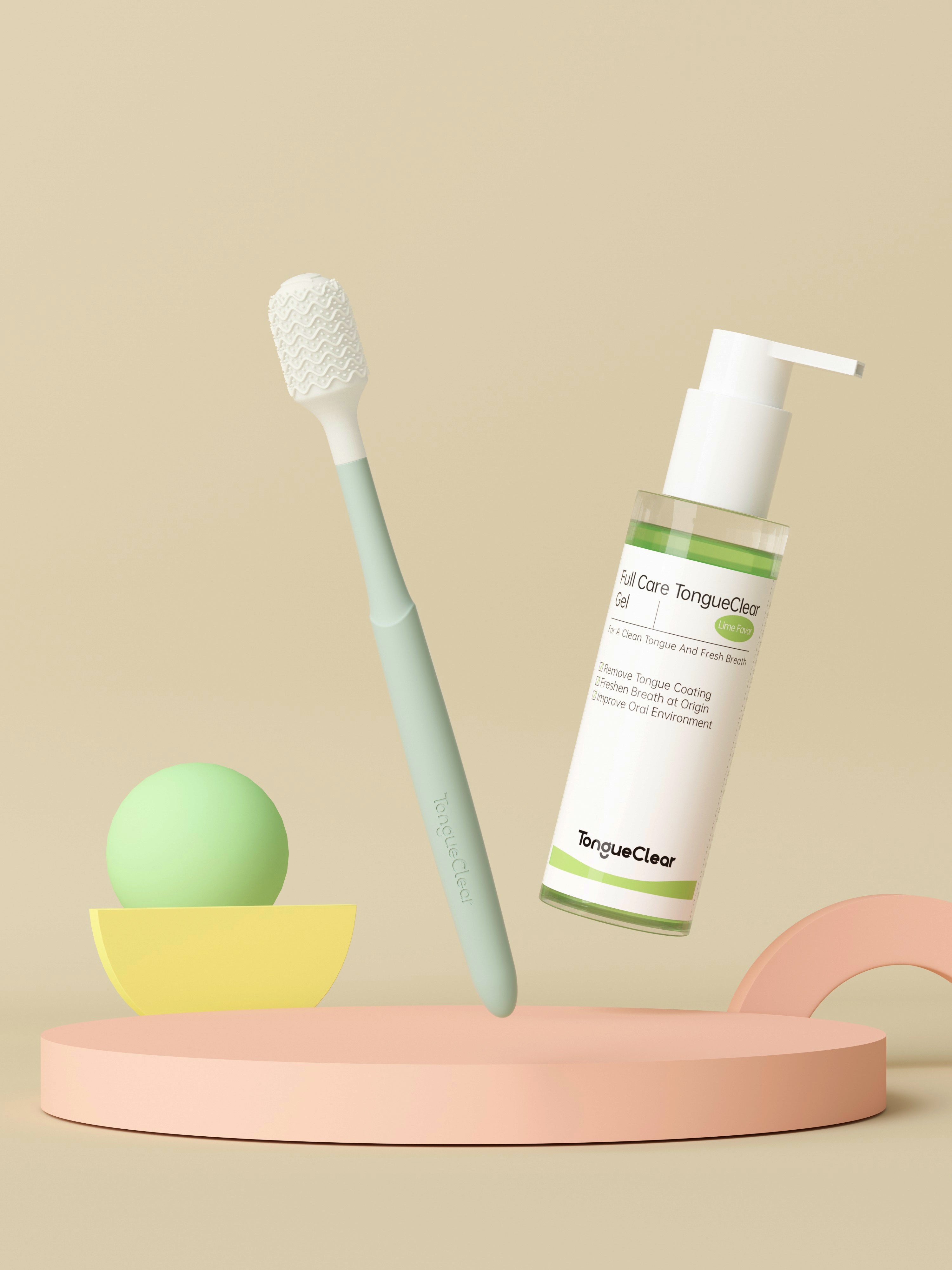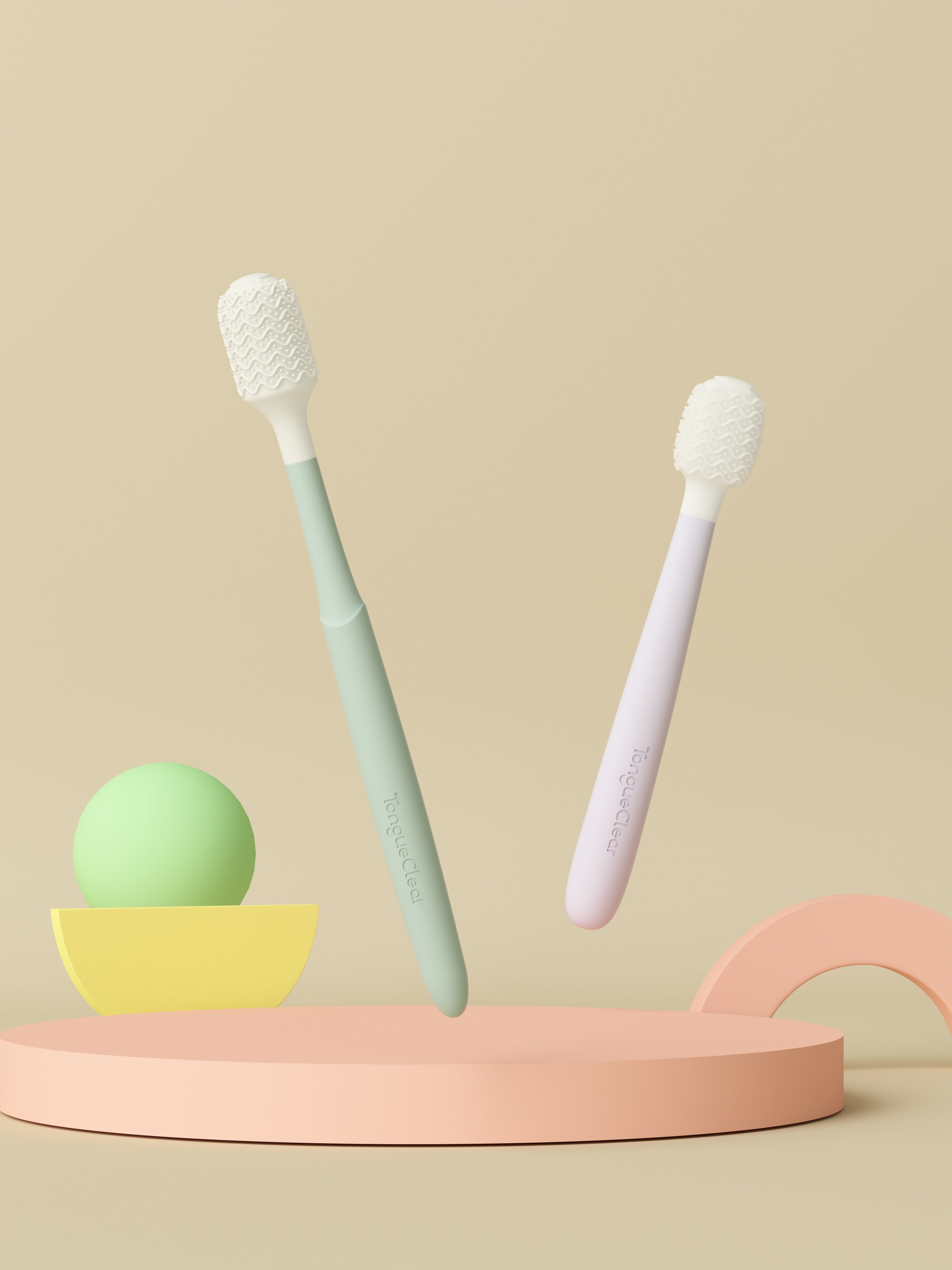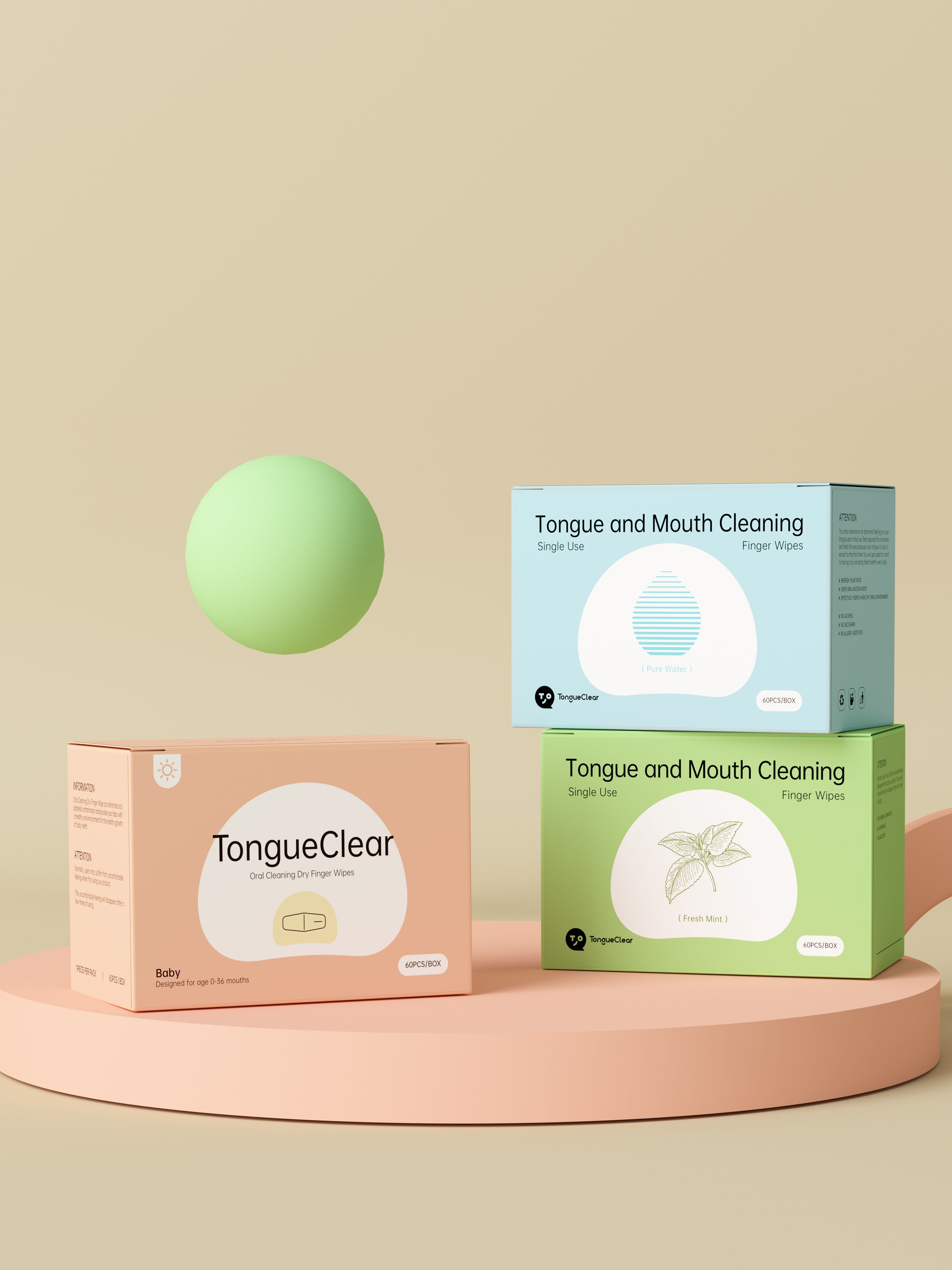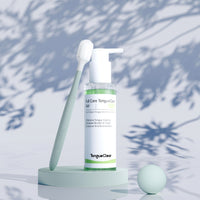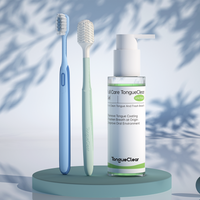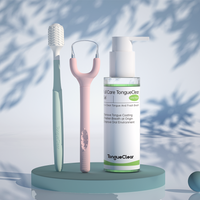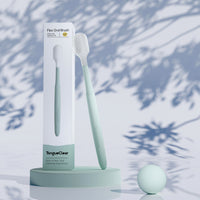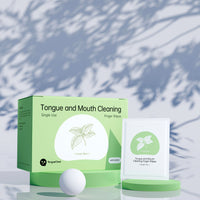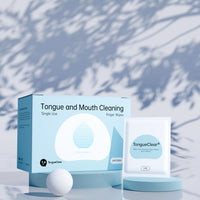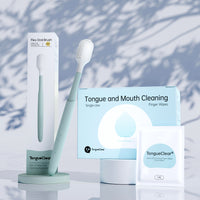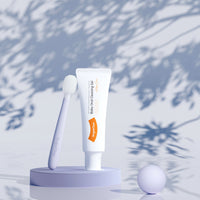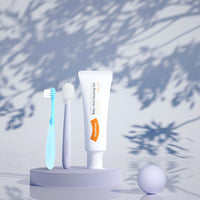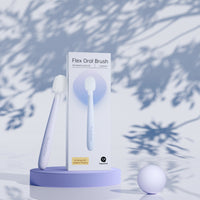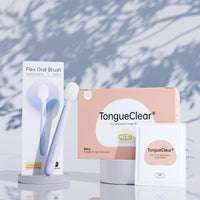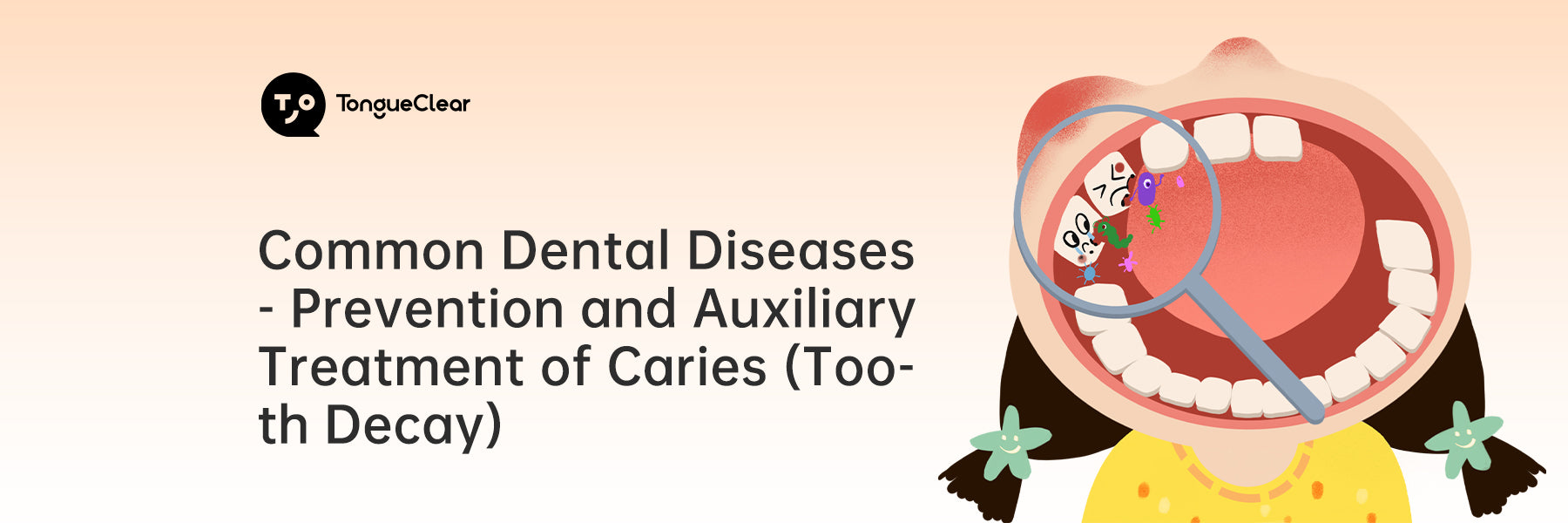
Common Dental Diseases - Prevention and Auxiliary Treatment of Caries (Tooth Decay)
Tooth decay is what we often call dental caries. It is a disease that causes progressive destruction of tooth hard tissues under the influence of multiple factors such as bacterial infection. Failure to receive timely treatment can lead to complications such as pulpitis, apical periodontitis, and even jaw inflammation. Bacteria are the main factor in the occurrence of dental caries. Cariogenic bacteria are often mainly Streptococcus mutans, Lactobacillus, and Actinomycetes (Streptococcus mutans can cause caries on the smooth surface of teeth, Actinomycetes can cause pit and fissure caries, and Lactobacillus accelerates the development of caries). With the change of modern dietary structure, food residues and lack of attention to oral hygiene have become the norm. The oral cavity is continuously in a state of eutrophication. The warm and humid environmental characteristics of the oral cavity allow bacteria to multiply in large numbers. Bacteria interact with each other to form biofilms, which provide living space and protection for bacteria. Bacteria then decompose food residues in the oral cavity to metabolize and feed back to the biofilm to make it stronger. The acidic substances in the metabolic process corrode and change the overall environment of the oral cavity, while causing the enamel to demineralize and dissolve to produce caries. Dental caries are common in people of any age after the eruption of deciduous teeth, and the main reason for the high incidence of dental caries is the lack of correct oral hygiene awareness and effective cleaning methods.
Symptoms and Causes:
What are the signs of cavities?
Tooth decay on the outer enamel surface doesn’t usually cause pain or symptoms. You’re more likely to experience symptoms as decay reaches beyond the enamel into the dentin and pulp.
Cavity symptoms include:
- Bad breath or a bad taste in your mouth.
- Bleeding gums or other signs of gum disease.
- Facial swelling.
- Toothache or mouth pain.
- Tooth sensitivity to hot or cold foods or drinks.
How do you get rid of cavities?
Tooth decay treatment depends on the severity of your condition.
Cavity treatments include:
- Fluoride.
- Fillings.
- Root canal therapy.
- Tooth extraction.
How can I prevent cavities?
Proper oral hygiene, including regular brushing and flossing, can get rid of plaque, acids and cavity-causing bacteria. Good teeth and gum care includes:
- Brushing your teeth with a soft-bristled brush and fluoride toothpaste at least twice a day, and preferably after every meal.
- Cutting back on sugary, starchy foods and drinks.
- Daily flossing to get rid of food and plaque stuck between your teeth.
Share






